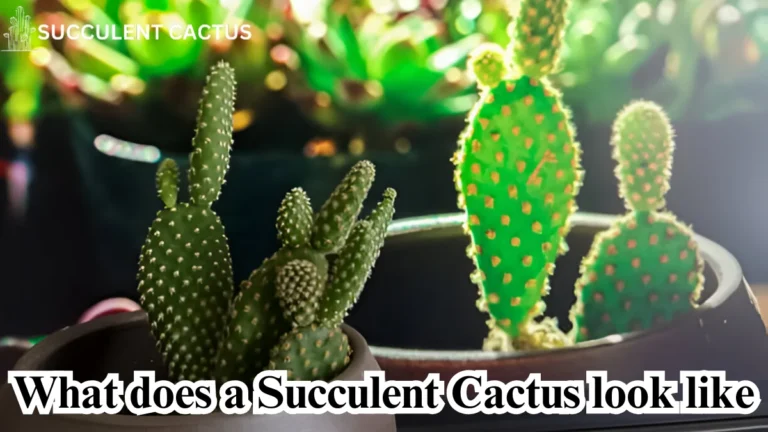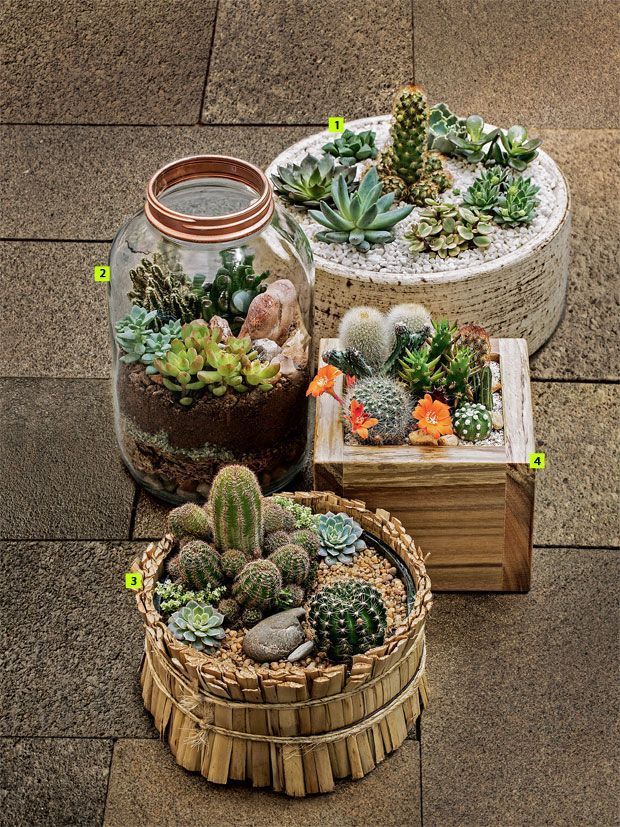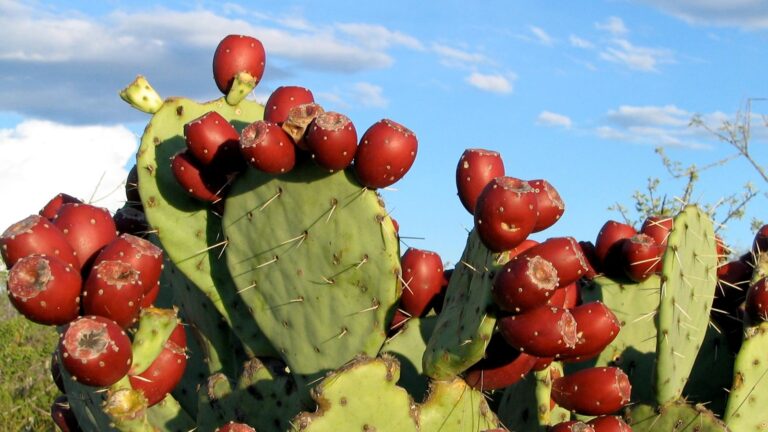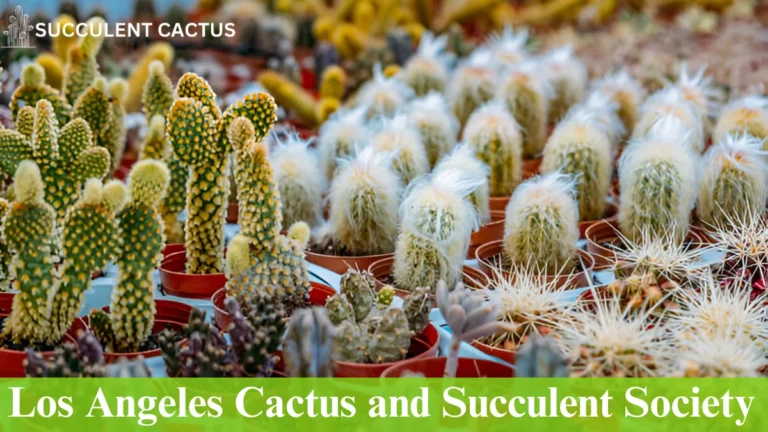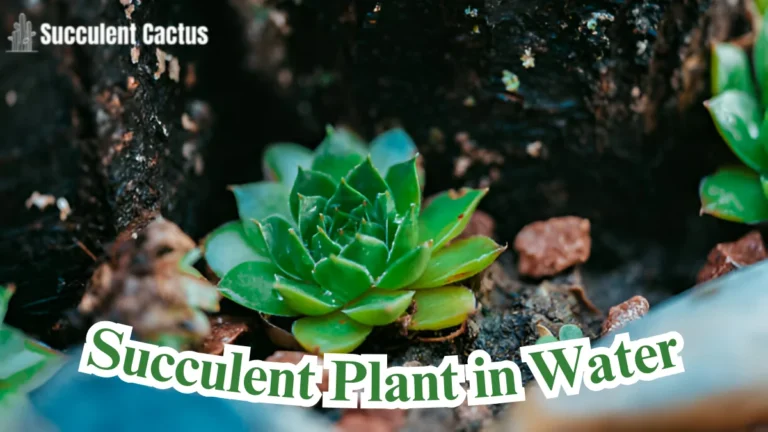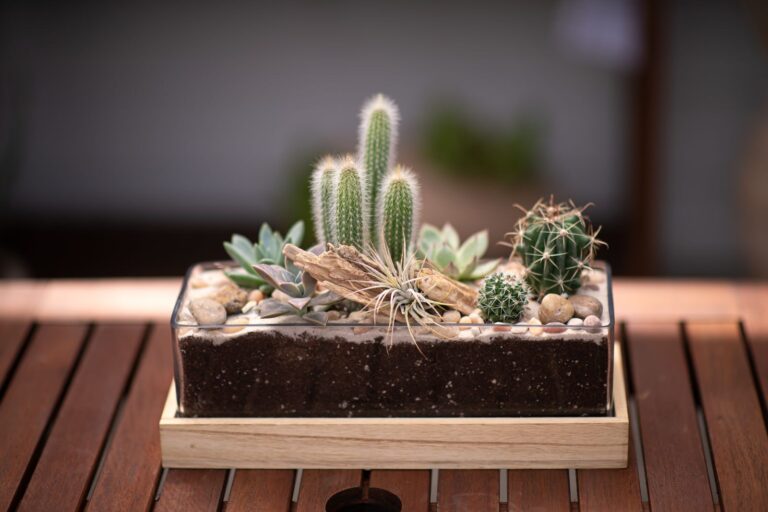Succulent vs. Cactus: Understanding the Key Differences
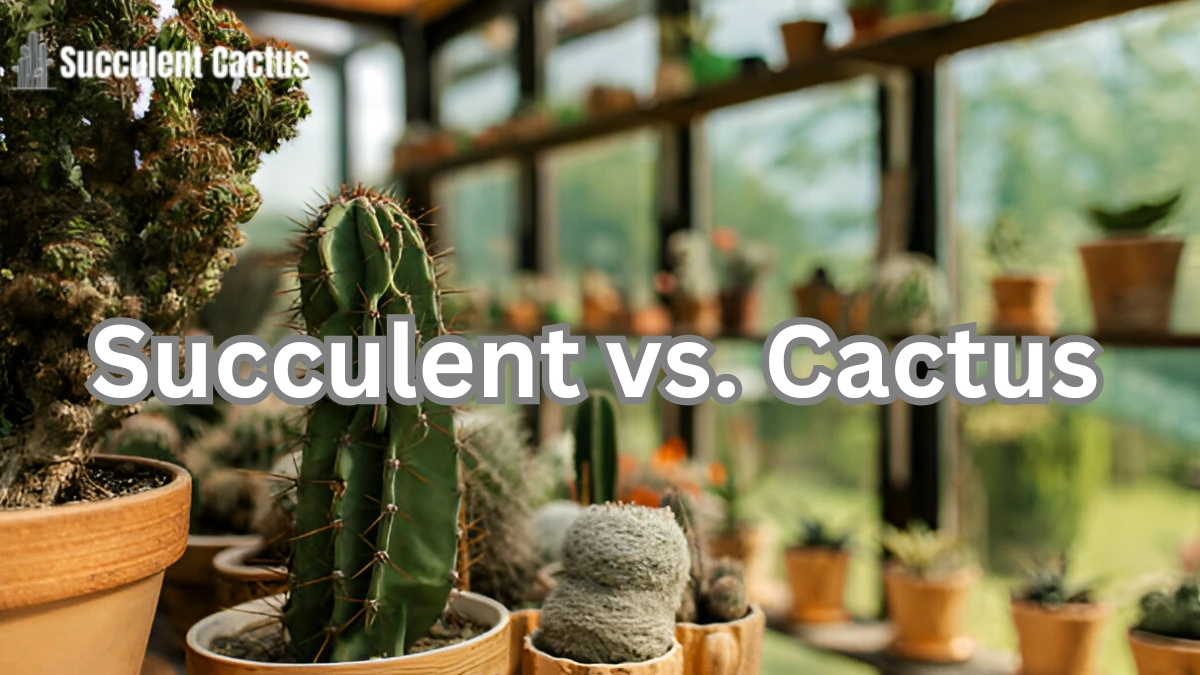
Succulents and cacti are worshiped plants that bring life and charm to both indoor and open air spaces. In spite of the fact that regularly gathered together, they have particular characteristics and care needs. This comprehensive direct clarifies what is the difference between a succulent plant and a cactus, giving clarity for devotees and apprentices alike.
1. What Are Succulents?
Succulents are a varying assemble of plants known for their earth-shattering capacity to store water in their takes off, stems, or roots, enabling them to thrive in dry conditions. They are well known for their wide grouping of shapes, colors, and surfaces.
1.1 Definition and Characteristics
Succulents are plants that store water in their thick, muscular tissues, making them well-adapted to dry climates. This uncommon highlight licenses them to outlast with irrelevant watering.
1.2 Types of Succulents
There are thousands of delicious species, including aloe vera, jade plant, echeveria, and haworthia. Each sort has curiously visual and assistant highlights, amplifying from rosette shapes to trailing vines.
1.3 Improvement Affinities
Succulents are by and huge slow-growing and require unimportant upkeep. They prosper in shining light and slant toward to dry out between waterings.
1.4 Geographic Origins
Succulents are nearby to varying regions, tallying deserts, rainforests, and coastal districts. Their flexibility licenses them to flourish in numerous circumstances.
1.5 Common Uses
Succulents are utilized in domestic stylistic format, terrariums, and organizing. Moreover, some, like aloe vera, have helpful skincare applications.
2. What Are Cacti?
Cacti have a place in a particular subset of succulents. They have unmistakable characteristics that make them special and effortlessly identifiable.
2.1 Definition and Characteristics
Cacti are succulents that have a place in the family Cactaceae. They are recognized by their spines, ribbed stems, and areoles, which are specialized structures from which spines, blooms, or unused branches develop.
2.2 Types of Cacti
Cacti come in numerous shapes and sizes, from towering saguaros to little globular sorts just like the brilliant barrel cactus. Other common assortments incorporate thorny pear and Christmas cactus.
2.3 Spines vs. Leaves
Not at all like most succulents, cacti need takes off. Their spines serve numerous purposes, including lessening water misfortune, giving shade, and preventing herbivores.
2.4 Native Habitats
Cacti are local fundamentally to the Americas, extending from deserts to tropical regions. A few assortments, just like the epiphytic cacti, develop in rainforests.
2.5 Cultural Significance
Cacti hold typical meanings in numerous societies and are regularly related to flexibility and security. They are moreover utilized in nourishment (e.g., thorny pear) and medication.
3. Key Differences Between Succulents and Cacti
It shows disdain toward the truth that all cacti are succulents, not all succulents are cacti. Understanding what is the difference between a succulent plant and a cactus can assist you in recognizing and caring for them appropriately.
3.1 Family Classification
Succulents span different plant families, whereas cacti are restricted to the Cactaceae family.
3.2 Presence of Areoles
Areoles are a characterizing include of cacti. These little, cushion-like structures are truant in other succulents.
3.3 Leaf Structure
Most succulents have beefy takes off, though cacti are known for their spines, which are altered takes off.
3.4 Water Storage
Whereas both store water, cacti essentially utilize their stems, while succulents may utilize stems, clear out, or roots.
3.5 Adaptation Features
Cacti are profoundly specialized for parched leave climates, while succulents can flourish in a broader run of territories.
4. Similarities Between Succulents and Cacti
In spite of the difference between a succulent plant and a cactus, both share common highlights that make them strong and outwardly engaging.
4.1 Water Storage Abilities
Both can store water proficiently, empowering survival in dry climates.
4.2 Sunlight Needs
Shining, backhanded daylight is perfect for both sorts of plants.
4.3 Low Maintenance
Negligible watering and consideration are required for both, making them awesome for fledglings.
4.4 Propagation Techniques
Both can be proliferated effortlessly from cuttings or offsets.
4.5 Aesthetic Appeal
Their one-of-a-kind shapes and colors make them well known for domestic and plant stylistic layout.
5. Common Misconceptions
It’s simple to blend up succulents and cacti, driving to perplexity almost their care and characteristics.
5.1 All Succulents Are Not Cacti
Succulents incorporate numerous plants past the cacti family.
5.2 Cacti Without Spines?
A few cacti, just like the Christmas cactus, need the spines regularly related to the gathering.
5.3 Watering Needs
Overwatering could be a common botch for both sorts, but cacti are indeed more drought-tolerant.
5.4 Flowering
Both can blossom, but cacti frequently have bigger, more dynamic blooms.
5.5 Growth Speed
Cacti for the most part develop slower than numerous other succulents.
6. How to Care for Succulents
Succulents flourish when given appropriate care custom-made to their needs.
6.1 Light Requirements
Give shining, roundabout daylight for ideal development.
6.2 Watering Tips
Water sparingly, permitting the soil to dry totally between waterings.
6.3 Soil Mix
Utilize well-draining soil, such as a cactus and juicy blend.
6.4 Container Choice
Want pots with waste gaps to anticipate waterlogging.
6.5 Fertilizing Schedule
Nourish with a weakened juicy fertilizer amid the developing season.
7. How to Care for Cacti
Caring for cacti includes understanding their desert-like needs.
7.1 Light Preferences
Cacti flourish in coordinated daylight but can adapt to partial light inside.
7.2 Watering Guidelines
Water less as often as possible than succulents, regularly once every few weeks.
7.3 Ideal Soil
Select sandy, dirty soil that imitates leave conditions.
7.4 Temperature Tolerance
Most cacti can handle warm but require assurance from solidifying temperatures.
7.5 Pruning and Maintenance
Trim dead parts and observe for bugs like mealybugs.
8. Designing Spaces with Succulents and Cacti
Combining these plants can make outwardly dazzling courses of action.
8.1 Terrariums
Make encased or open terrariums with a blend of little succulents and cacti.
8.2 Rock Gardens
Utilize them in open-air shake gardens for a desert-like style.
8.3 Indoor Decor
Show them in one-of-a-kind pots or hanging growers for inside charm.
8.4 Mixed Containers
Combine both sorts in expansive pots for differing surfaces and colors.
8.5 Seasonal Displays
Join blossoming assortments for an energetic, advancing show.
9. Benefits of Growing Succulents and Cacti
Both plants offer commonsense and tasteful benefits that go past their magnificence.
9.1 Air Quality
They offer assistance decontaminate indoor discuss by retaining poisons.
9.2 Stress Relief
Tending to plants can decrease stretch and make strides in mental well-being.
9.3 Low Maintenance
Their negligible care necessities make them perfect for active people.
9.4 Water Conservation
These drought-tolerant plants are eco-friendly and resource-efficient.
9.5 Educational Value
Learning to care for them develops your understanding of nature and botany.
10. Popular Varieties to Consider
For devotees, investigating diverse species can be energizing.
10.1 Aloe Vera
A flexible juicy known for its restorative properties.
10.2 Jade Plant
A classic juicy symbolizing great good fortune and thriving.
10.3 Saguaro Cactus
Famous tall cactus are local to the American Southwest.
10.4 Echeveria
A rosette-forming juicy with dynamic colors.
10.5 Barrel Cactus
A compact, adjusted cactus idealizes an indoor stylistic layout.
Conclusion
Succulents and cacti each offer interesting charms, care necessities, and employment. By understanding what is the difference between a succulent plant and a cactus, you’ll certainly select the proper plants for your domestic or garden, ensuring they flourish and bring delight to your space. Whether you’re an experienced collector or a tenderfoot, these versatile plants make a satisfying expansion to any collection.

